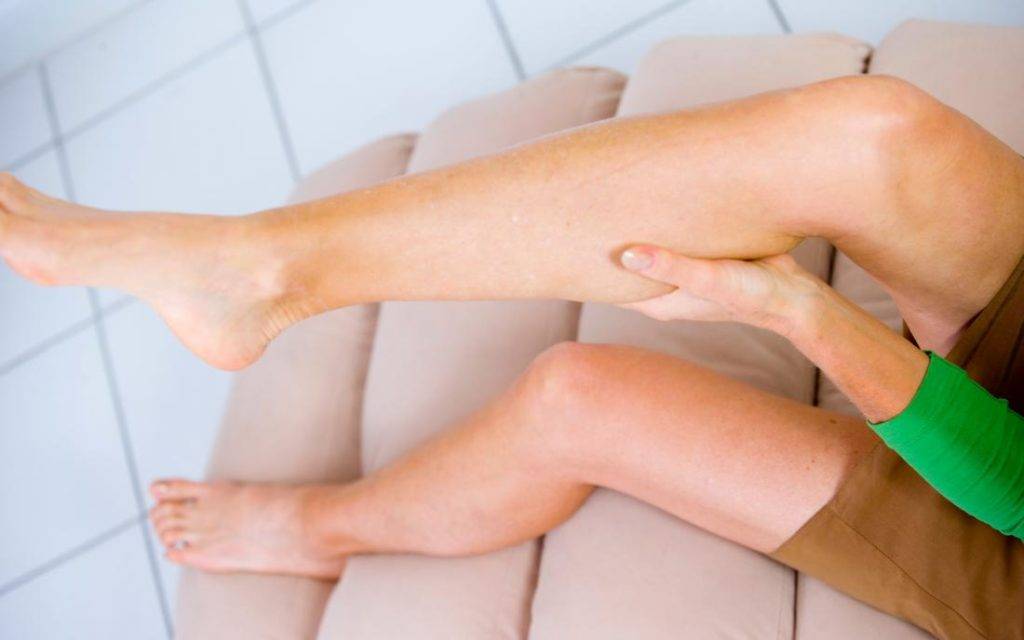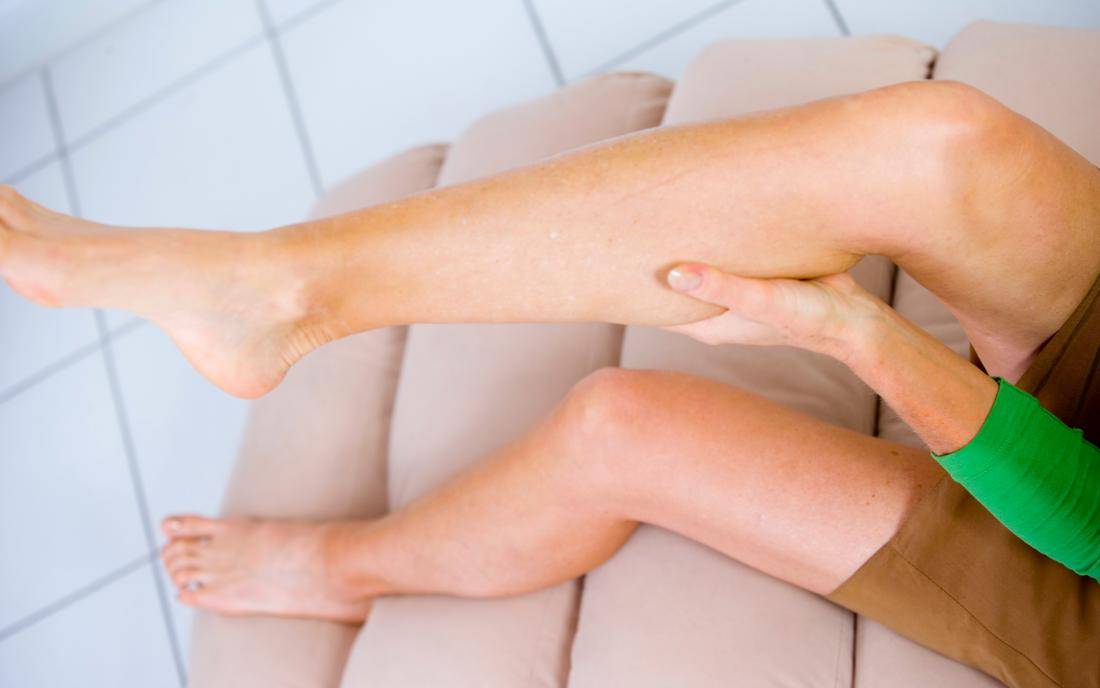A “charley horse” is a colloquial term used to describe a painful muscle cramp or spasm, typically occurring in the leg, particularly in the calf muscles. It is a sudden, involuntary contraction of the muscle that can cause intense pain and discomfort. The term “charley horse” is commonly used in the United States and Canada to describe this type of muscle cramp.


What Triggers a Charley Horse?
Several factors can trigger a charley horse, which is a painful muscle cramp or spasm. Some common triggers include:
- Dehydration: Insufficient fluid intake can lead to an electrolyte imbalance, affecting muscle function and increasing the likelihood of muscle cramps.
- Muscle fatigue: Overexertion or prolonged use of a muscle without adequate rest can lead to muscle fatigue and increase the chances of experiencing a charley horse.
- Lack of stretching: Failing to stretch properly before physical activity can cause muscles to tighten and cramp during or after exercise.
- Electrolyte imbalances: Low levels of minerals like potassium, calcium, magnesium, or sodium in the body can contribute to muscle cramps.
- Cold temperatures: Muscles may be more prone to cramping in colder environments due to decreased blood flow and muscle contraction.
- Poor circulation: Inadequate blood flow to muscles can result in cramps or muscle spasms.
- Nerve compression: Pressure on nerves that control muscle function can lead to cramping.
- Certain medications: Some medications can deplete electrolytes or affect muscle function, potentially increasing the risk of muscle cramps.
- Pregnancy: Pregnant women may experience charley horses due to changes in hormone levels, increased pressure on nerves and blood vessels, and altered circulation.
- Underlying medical conditions: Certain medical conditions like diabetes, thyroid disorders, nerve disorders, and kidney disease can make individuals more susceptible to muscle cramps.
To prevent charley horses, it’s essential to maintain a healthy lifestyle, stay hydrated, eat a balanced diet rich in essential minerals, stretch regularly, and avoid overexertion. If muscle cramps become a frequent or severe issue, it’s essential to consult a healthcare professional to identify any underlying medical conditions or potential risk factors.
How to Prevent a Charley Horse
To prevent charley horses, which are painful muscle cramps or spasms, you can take several measures to maintain good muscle health and reduce the risk of muscle cramps. Here are some tips to help prevent charley horses:
- Stay Hydrated: Ensure you drink an adequate amount of water throughout the day to maintain proper hydration. Dehydration can lead to electrolyte imbalances, increasing the likelihood of muscle cramps.
- Eat a Balanced Diet: Consume a well-balanced diet that includes foods rich in essential minerals like potassium, calcium, and magnesium. These minerals play a crucial role in muscle function and can help prevent cramps.
- Stretch Regularly: Incorporate stretching exercises into your daily routine, especially before and after physical activities. Stretching helps improve muscle flexibility and reduces the risk of cramping.
- Gradually Increase Physical Activity: If you’re starting a new exercise regimen or increasing the intensity of your workouts, do so gradually. Sudden, intense physical activity can strain the muscles and lead to cramps.
- Warm Up and Cool Down: Always warm up before engaging in strenuous physical activity and cool down afterward. Warming up prepares your muscles for exercise, while cooling down helps them recover and reduces the risk of cramps.
- Avoid Overexertion: Pace yourself during physical activities to avoid muscle fatigue. Overexertion can strain the muscles and increase the likelihood of cramping.
- Use Proper Footwear: Wear comfortable and supportive shoes, especially during exercise, to reduce the risk of muscle strain and cramps.
- Maintain Good Posture: Poor posture can put unnecessary strain on muscles, leading to cramps. Practice good posture while sitting, standing, and during physical activities.
- Address Underlying Health Issues: If you have any underlying health conditions that may contribute to muscle cramps, such as diabetes or thyroid disorders, work with your healthcare provider to manage these conditions effectively.
- Consider Supplements: If you have a history of mineral deficiencies, your doctor may recommend supplements to help maintain proper levels of essential minerals.
By following these preventive measures, you can significantly reduce the likelihood of experiencing charley horses and improve your overall muscle health. However, if you do experience frequent or severe muscle cramps despite these preventive measures, it’s essential to consult a healthcare professional to rule out any underlying medical issues.
What to do When Your Zojirushi Rice Cooker Gets an H01 or H02 Error Code
What happened to Dale Robertson’s horse Jubilee?
What does it mean when a lizard poops on you?
What is the meaning of 18 bills in a debut?
What is the most expensive item on TF2?
Are lubber grasshoppers poisonous to dogs?
Ice JJ Fish Net Worth
This story originally appeared on Mostexpensivething

